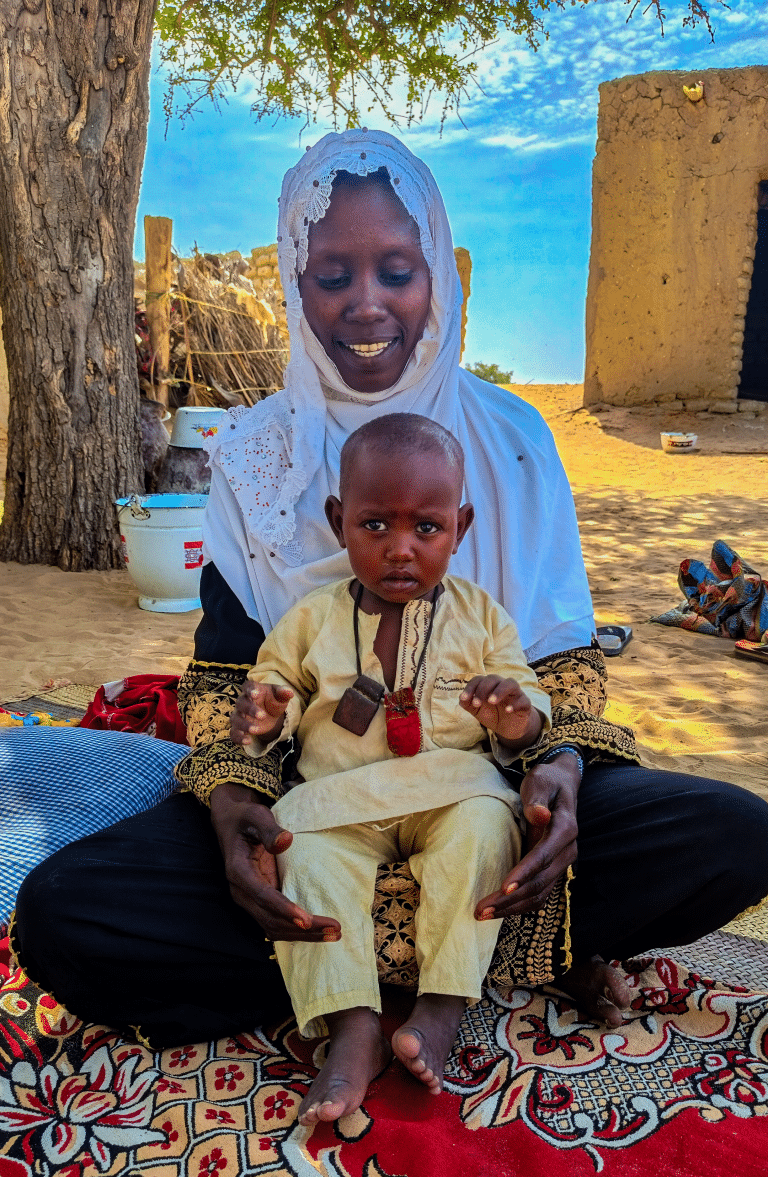
One Sachet, One Chance – Mariam and Hassan’s Journey
In the N’Gouri district, the OptiMAx project combines vaccination with nutritional supplementation to encourage families to return to health centers.

In the N’Gouri district, the OptiMAx project combines vaccination with nutritional supplementation to encourage families to return to health centers.
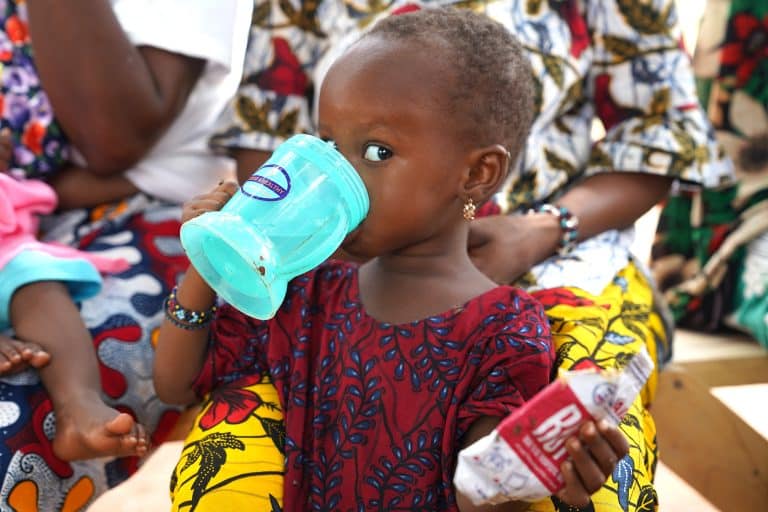
Aminata drinks water and clutches a sachet of ready‑to‑use therapeutic food provided through a former USAID-funded program at the mobile
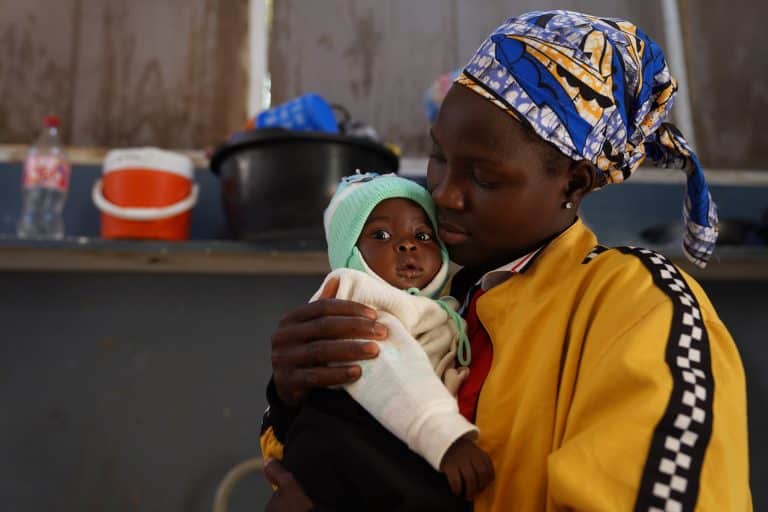
At 20 years old, Adèle Djouanba found far more than medical care for her daughter at the Mokolo Nutrition Center.
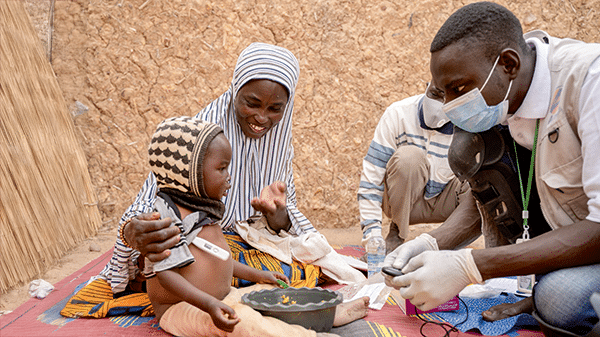
In the Democratic Republic of the Congo and Niger, the OptiMA clinical trials successfully combined scientific rigor with operational constraints
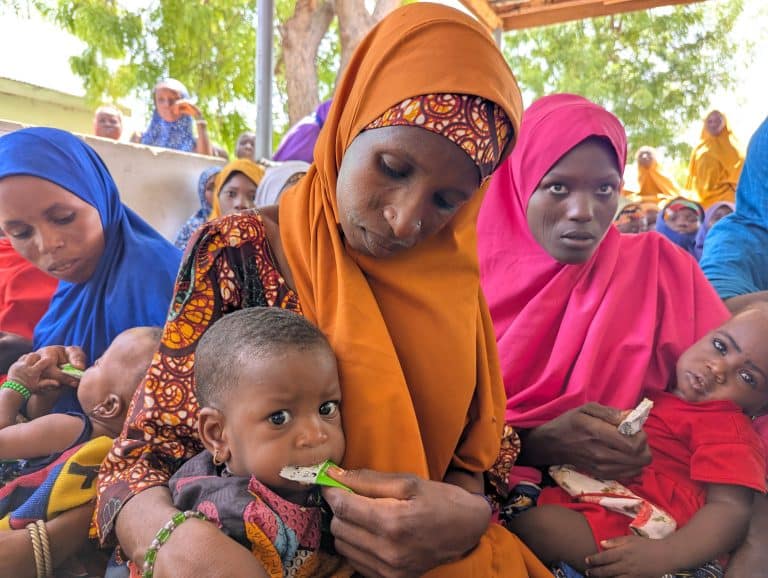
Communities in Northeast Nigeria face a worsening malnutrition crisis, driven by insecurity, food shortages and limited access to healthcare. In
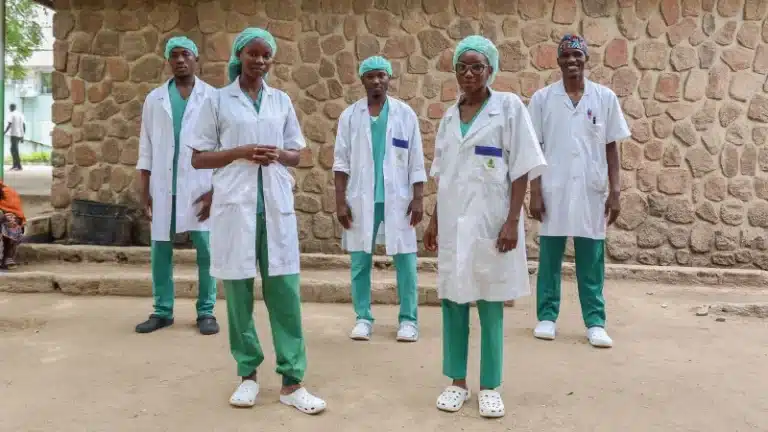
The U.S. media outlet NPR dedicates an episode of its podcast Planet Money to ALIMA’s work in Cameroon’s Far North
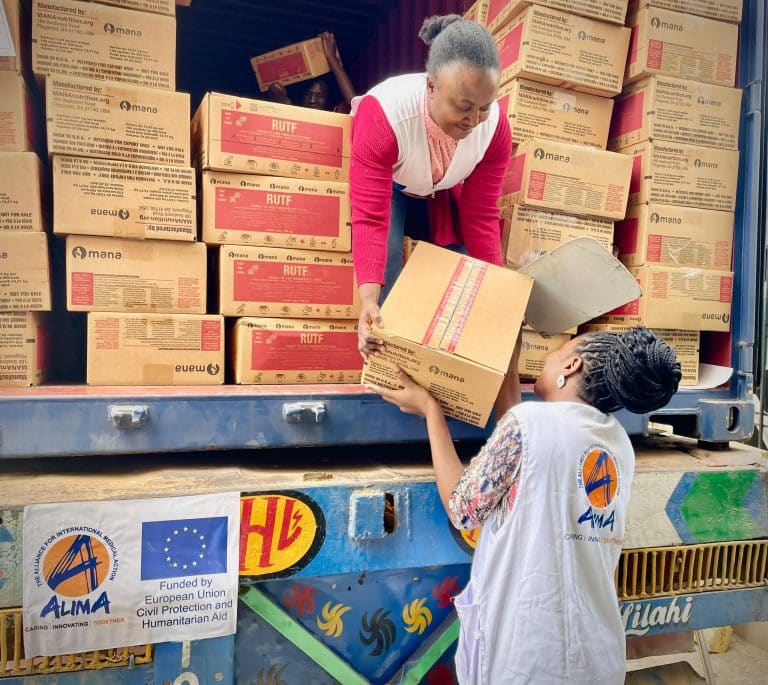
As child malnutrition continues to escalate in Nigeria, the European Union (EU) has funded the shipment of 20,000 boxes of
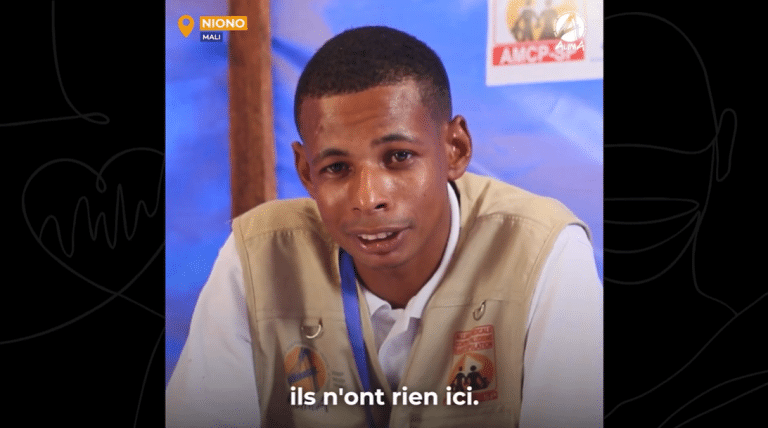
In Niono, Mali, ALIMA’s mobile teams provide care to families living in remote areas, often deprived of even the most
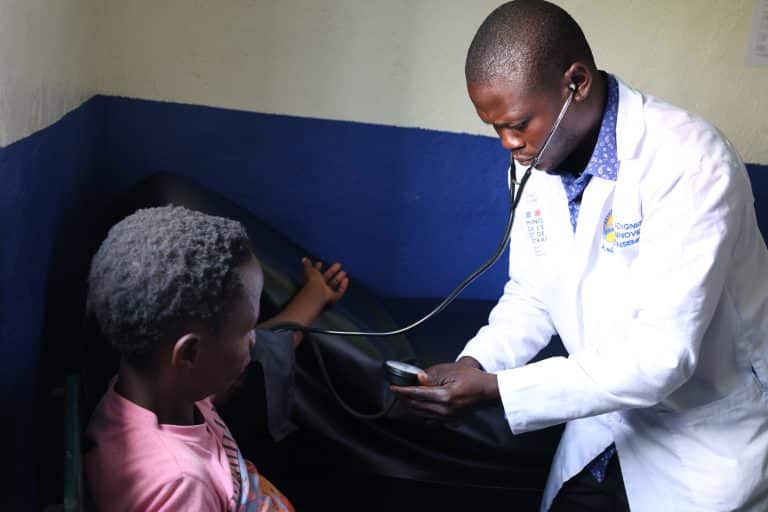
In Boga, in the eastern Democratic Republic of Congo, thousands of displaced families are trying to rebuild their lives after
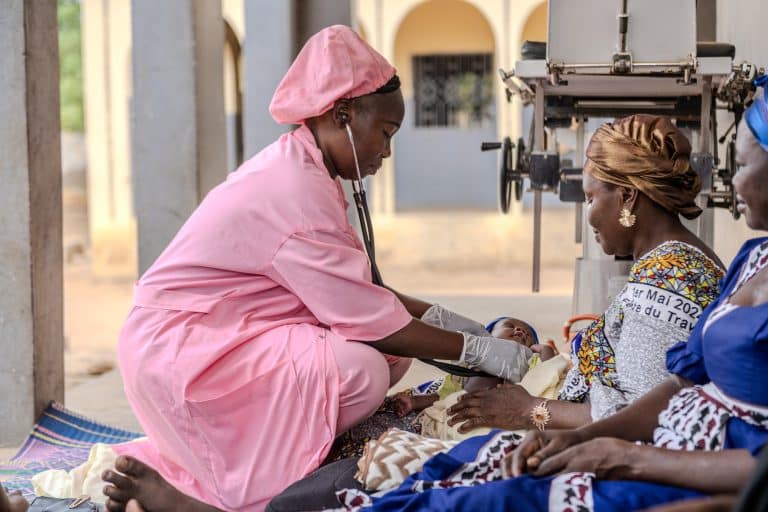
It is overflowing. Initially built to shelter 25,000 people, the Zabout camp now houses over 50,000 people. Since 2023, ALIMA
We offer country-specific donation forms to give you access to local payment options and tax benefits.
Please wait while you are redirected to the right page...